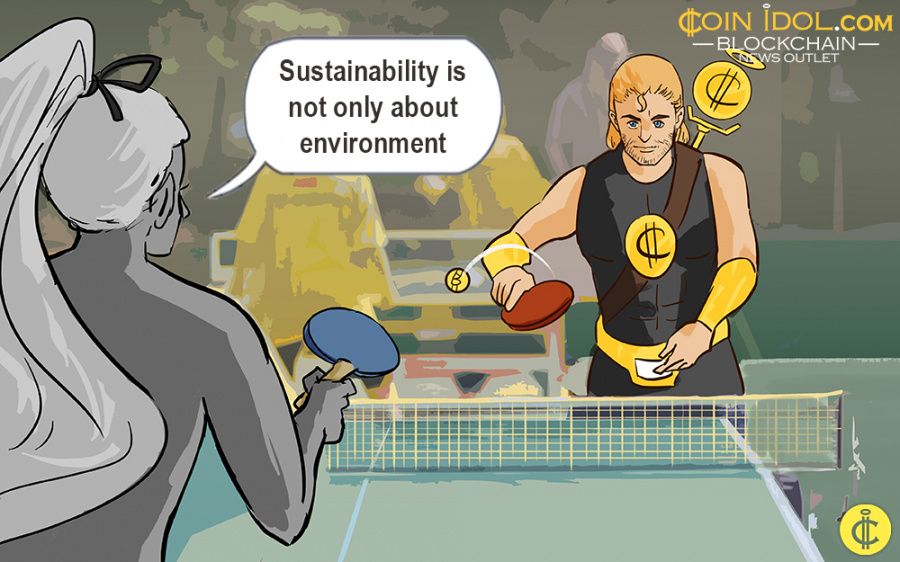Sustaining and Exploiting Opportunities for Blockchain in Italy

Blockchain, smart contracts and incentive mechanisms on cryptocurrencies have big abilities in terms of environmental and social sustainability in Italy, nevertheless, it is necessary to keep in mind that technology is only a tool and that only if correctly applied will it really facilitate the adoption of “green” and fair. Let’s then examine the opportunities offered by the distributed ledger technology (DLT).
Transparency
The Blockchain has all it takes to offer an extraordinary degree of transparency, with a distributed database in which unchangeable and encrypted copies of data are kept on each computer (node) on the system.
This allows the individuals involved, or else without trust, to participate in P2P almost smooth transactions. This sort of transparency has several uses along the supply chain of tangible products or services and in formal contexts, to reduce corruption and increase obligation.
Supply Chain
These denote a multifaceted system of distant and distinct bodies that exchange goods, payments and information through a lively and constantly evolving landscape.
It is clear how the design primary the supply chains has a wide similarities with the way the DLT is made, and this is how the keys centered on Blockchain technology can help track the origin of products along the entire logistic process, for unequivocally identify the materials of a good, including information like the amount, quality and source of the material.
Institutional Inefficiencies
Blockchain can alleviate institutional flaws while ensuring process clarity, limiting fraud, corruption and uncertainty, such as traceability of contributions and state corruption.
Decreasing Bureaucracy and Transaction Costs
DLT-centered accord and smart contracts can help lessen transaction outlays and bureaucracy in several sectors, presenting a lot of fresh applications in governance, in assessing the government and the effect of implemented policies, such as the addition of all who cannot have a bank account and who are unable to obtain identification documents, favoring disintermediation and thus lessening power irregularities.
Governance, Governmental Evaluation and Impact of Implemented Policies
In this particular area, DLT is able to offer solutions that contribute to: the prevention of carbon emissions; EIA and international governance tool; plus, thin administration practices.
Inclusion of Undocumented Population and Those Without Bank Accounts
Blockchain technology can effectively resolve part of the snag by enabling matching, shared and autonomous proof solutions, and eliminating the necessity for transaction verification by expensive third parties like financial institutions and other organizations because of its P2P nature.
Disintermediation and Rebalancing of Power Asymmetries
The use of Blockchain tech is also observed as a means of development that can vest people and allay the asymmetries of power and information, substituting some facets of compensation institutions or government institutions with smart contracts.
Incentive of Sustainable Behavior Through the Issue of Specific Cryptocurrencies
The original cryptocurrency, Bitcoin, first, and the governance rules and regulations of all the other ecosystems founded on the circulation of utility tokens born later, has presented a new form of shared value creation, where a group of participants agree on a particular objective and value is formed and at the same time shared when the actors show that they have added something to this goal.
And last, but not least, blockchain is actually able to increase environmental sustainability in Italy, as Coinidol.com, world news outlet, previously reported. The technology is used for preventing the plastic waste products from affecting the health of the citizens in a project that helps combating environmental degradation.
Price
Price
News
Price
Price

(0 comments)